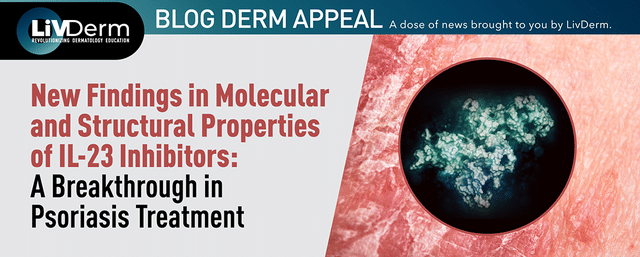Results from a nonrandomized clinical trial suggest that apremilast (Otezla), may have cardiometabolic health benefits for patients with psoriasis.

The study, led by Joel Gelfand, M.D. of the University of Pennsylvania, Philadelphia, measured the changes in 70 participants with moderate-to-severe psoriasis between April 2017 and April 2021. Sixty patients completed week 16, and 39 patients completed week 52 of the single-arm, open-label trial at seven dermatology sites in the U.S. All participants were given 30 mg of apremilast twice a day.
The primary endpoint measured changes in inflammation around the aorta, as well as changes in body composition and several important cardiometabolic biomarkers.
No change in aortic vascular inflammation was observed at week 16 or week 52 compared with baseline. However, there was a 5-6% reduction of subcutaneous and visceral adiposity at week 16 that was maintained through to 52 weeks.
The study further noted, “At week 16, potentially beneficial decreases in interleukin 1b, valine, leucine, isoleucine, fetuin A, and branched-chain amino acids were observed. At week 52, compared with baseline, potentially beneficial decreases in ferritin, β-hydroxybutyrate, acetone, and ketone bodies, with an increase in apolipoprotein A-1, were observed, but there was a reduction in cholesterol efflux.”
Researchers note that larger controlled studies are needed to better determine if apremilast is effective at helping psoriasis patients lose weight. They also urge doctors to screen for cardiovascular disease in psoriasis patients.
According to Gelfand, “If we did what we knew worked — meaning we screened them for diabetes, we screen their cholesterol, we check their blood pressure, and we adequately treated those traditional cardiovascular risk factors, we probably could narrow the gap quite a bit.”















